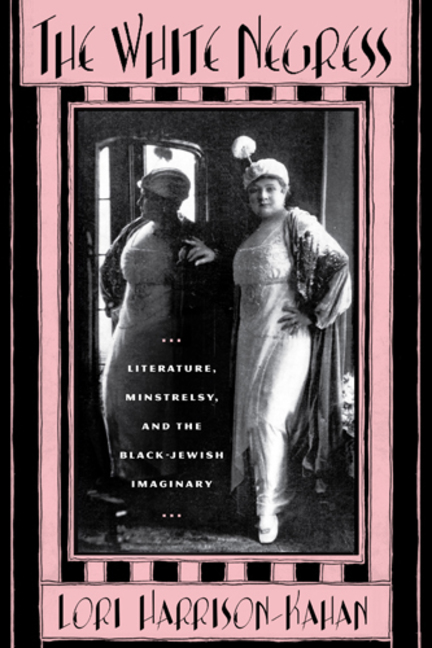Not an “Other”
Online Newshour
1997-07-16
Paul Solman, Host
Increasingly, many Americans find they don’t easily fit into any racial group. But will adding a new “multiracial” category on the census take away the effectiveness of the count? After a background piece by Betty Ann Bowser, Paul Solman leads a debate.
PAUL SOLMAN: Well, what should the Census Bureau do? To answer that question, we’re joined by Harvard Sociologist Orlando Patterson, who has just completed a book on race: “Ordeal of Integration;” Charles Byrd publishes “Multiracial Voice,” an Internet journal on mixed race issues; Carlos Fernandez founded the Association of Multiethnic Americans and teaches law at Golden Gate University. And we’re trying to get his signal. We’ve had some trouble with it. And demographer, Linda Jacobsen, works for Claritas, a consumer database firm and also advises the Census Bureau. And welcome to you all.
Mr. Byrd, should there be a multiracial box on the census form, as we’ve just seen some talk about?
CHARLES BYRD, Internet Journal Publisher: (New York) Yes. Well, actually the name of my publication is the Interracial Voice, not multiracial. But, yes, we’ve been advocating for a separate multiracial category for a number of years now. We’re not terribly happy with the OMB decision. We don’t think it’s a great compromise. It’s a step forward towards this nation recognizing multiracialialty, but it’s not a huge one. The same check all that applies format could fit very easily underneath a multiracial header. What we have–what OMB has essentially recommended–…
…PAUL SOLMAN: Okay. Well, Ms. Jacobsen, I mean, how do you look at this? Do you like the check-off provision that is now the proposal before us? How do you respond to this idea of the multiracial box?
LINDA JACOBSEN, Demographer: Well, I think the difficulty with the multiracial box is that it provides less rich information and less detail about the composition of that group that Charles is describing as being multiracial. And it also has some disadvantages in the sense that it provides less of a link to historical data on race and ethnicity, as well as providing a disadvantage, for example, to health researchers, who know that certain health conditions or health problems are linked to particular races, such as sickle cell anemia, for example.
PAUL SOLMAN: Play that out for a second. Exactly how would it work with sickle cell anemia if you did or didn’t have a multiracial box? I mean, what would happen?
LINDA JACOBSEN: Well, for example, if an individual who say was black–had one parent who was black and one parent who was white–and then checked the multiracial box, they would be indistinguishable from say another individual who was multiracial, checked the multiracial box, and was say of Asian and white parentage. So a health researcher would not be able to count or to categorize those with any black heritage who might be at risk for sickle cell anemia…
…PAUL SOLMAN: Okay. So, Professor Patterson, you’ve heard both of these proposals, if you will, where you come down on this multiracial box, checking off more than one?
ORLANDO PATTERSON, Harvard University: I don’t think we need a racial box at all. And I noticed that Mr. Byrd said that race is a social construct, something we invent, an identification, partly imposed on us, partly what we select and choose. I agree with that. The only problem is that there’s another term, another category which is exactly like that, is the ethnic ancestry category…
…LINDA JACOBSEN: –that whether or not we like it, whether or not we think that should be the case, historically certain population and specifically racial groups have suffered discrimination on the basis of their race and ethnicity. And if we can–if we discontinue collecting that information, we don’t eliminate discrimination, we really eliminate our ability to measure it and to monitor compliance with civil rights laws such as Mr. Byrd suggested…
Read the entire transcript here.
